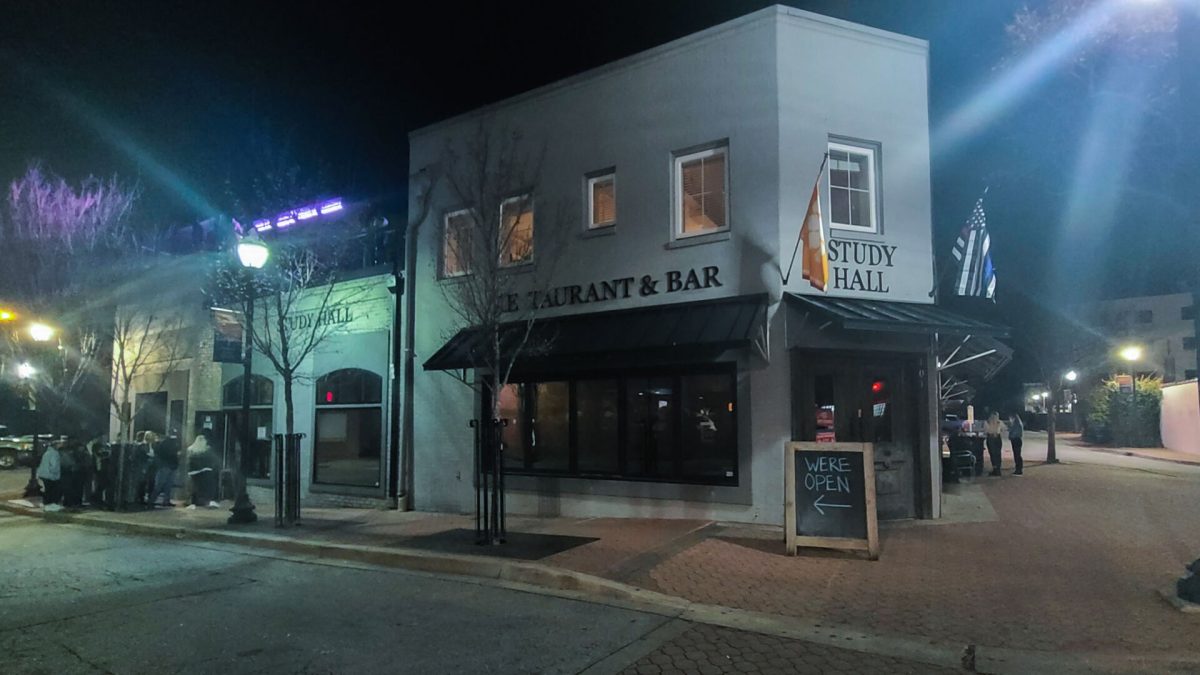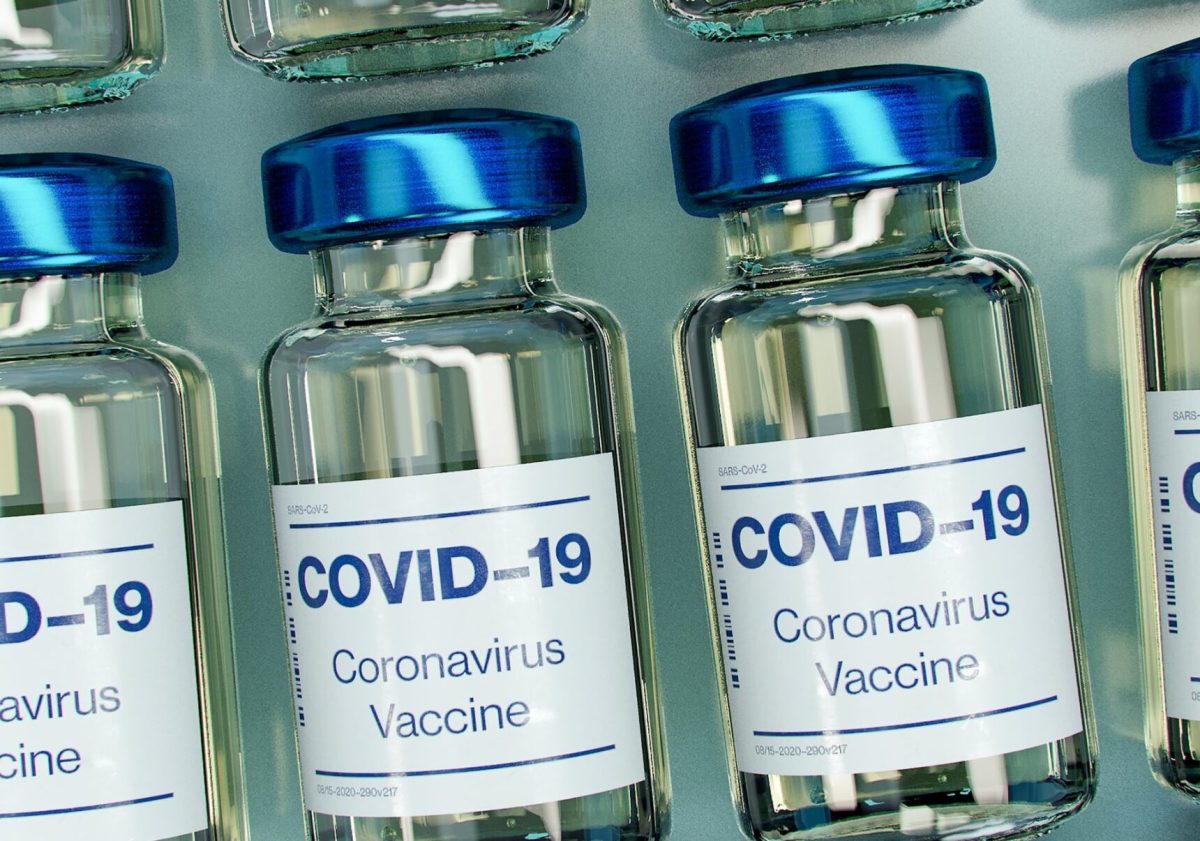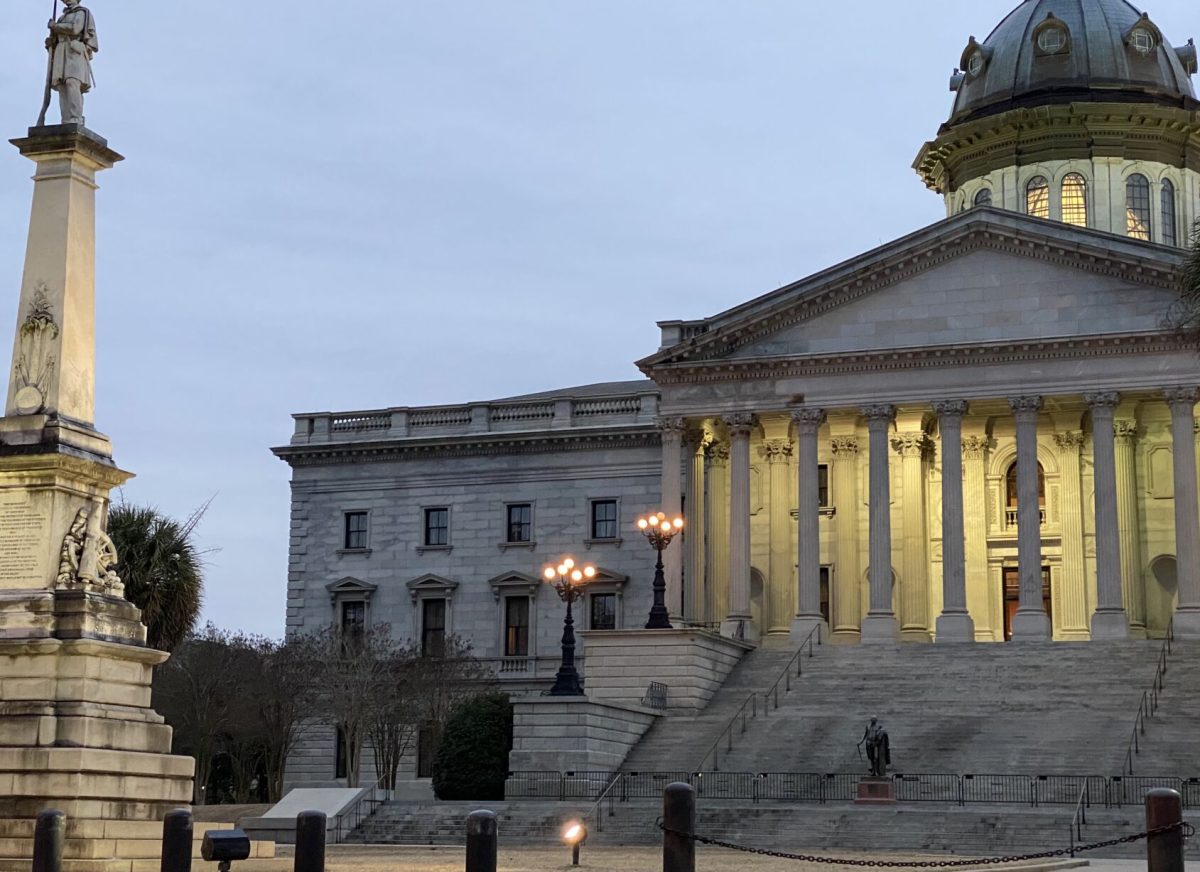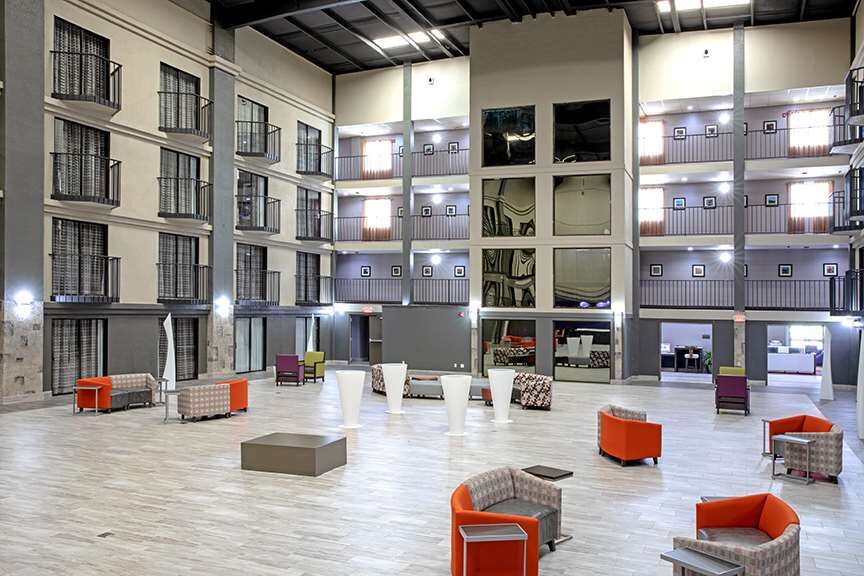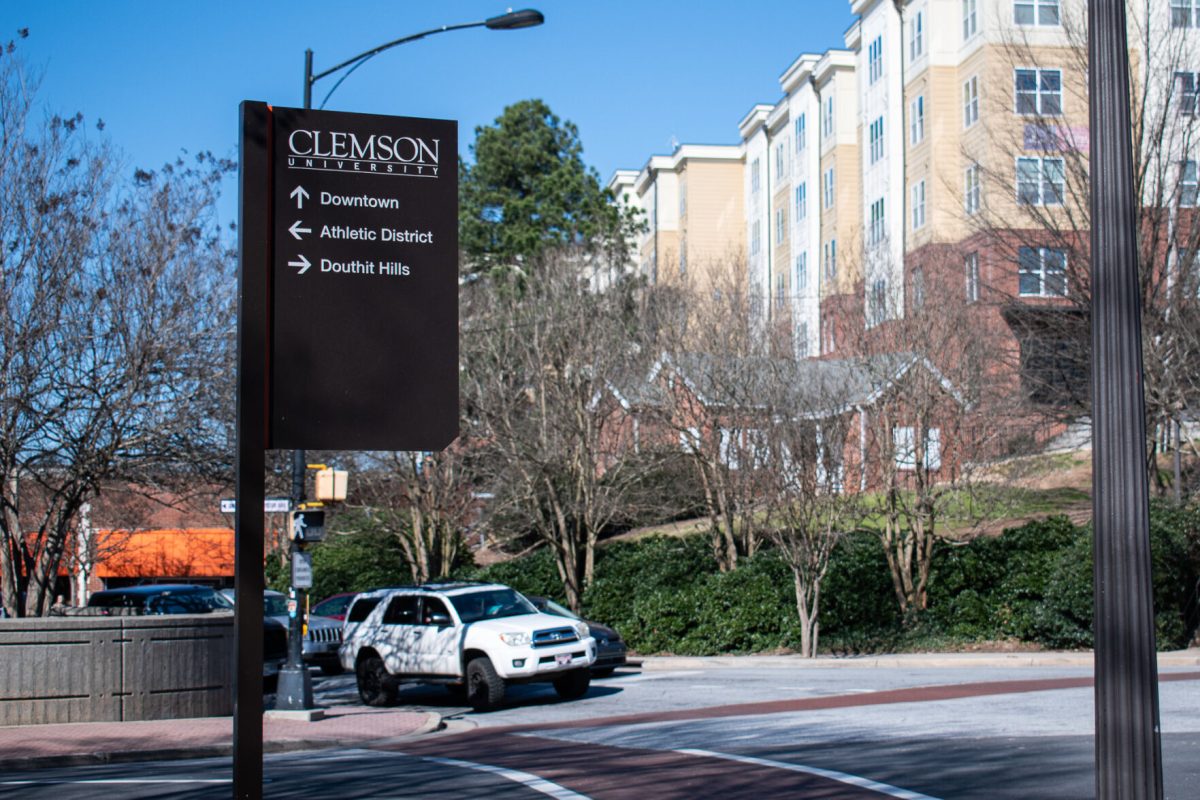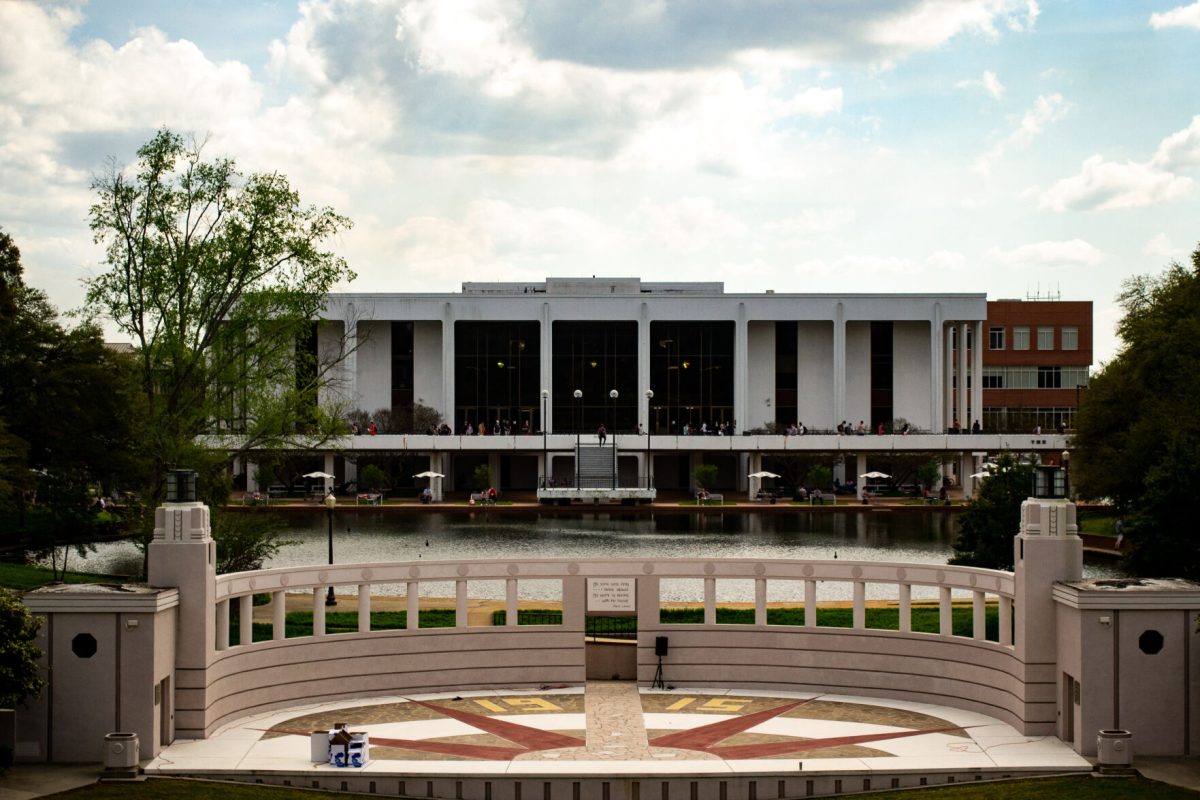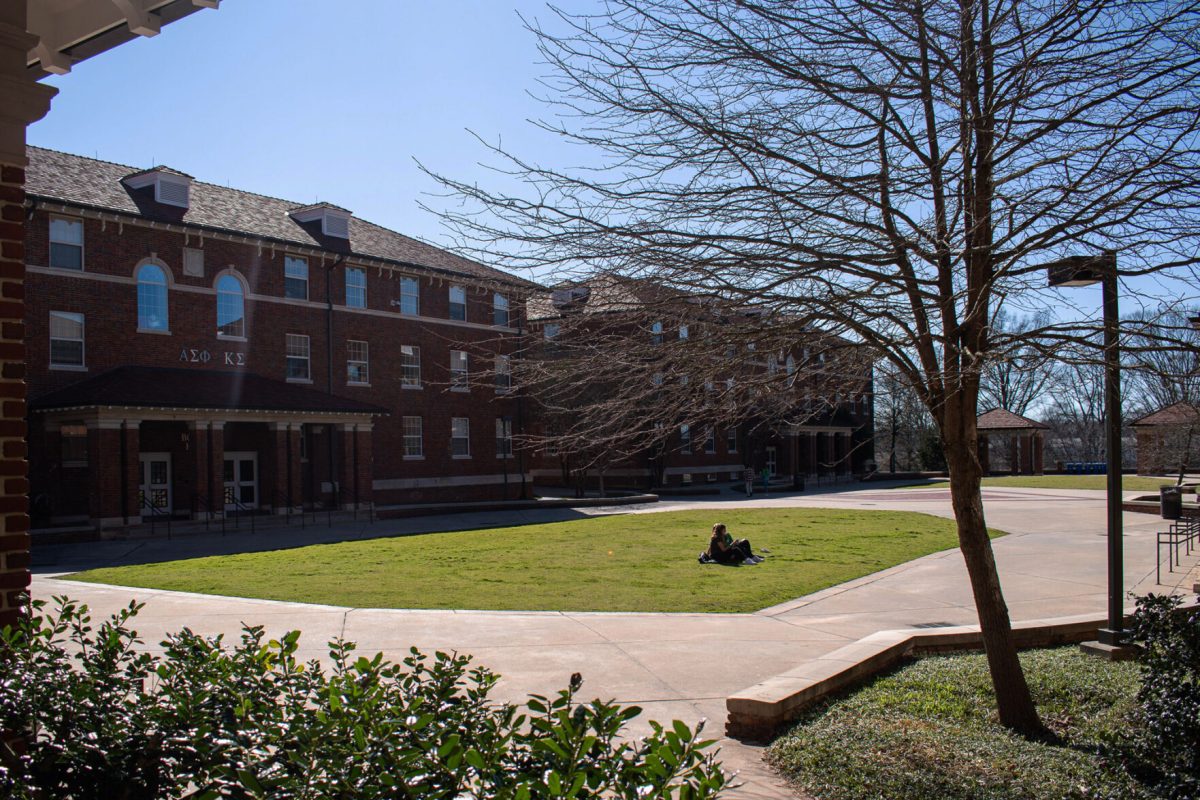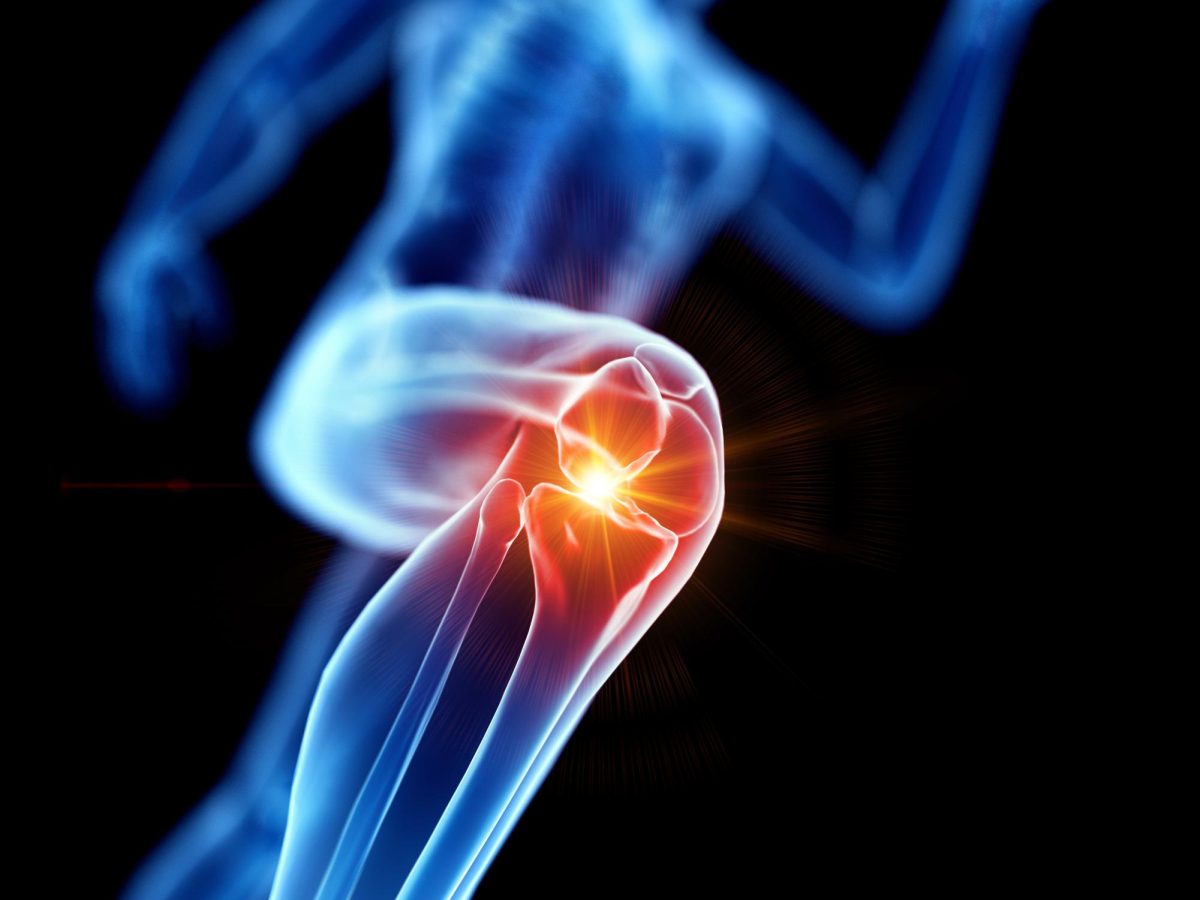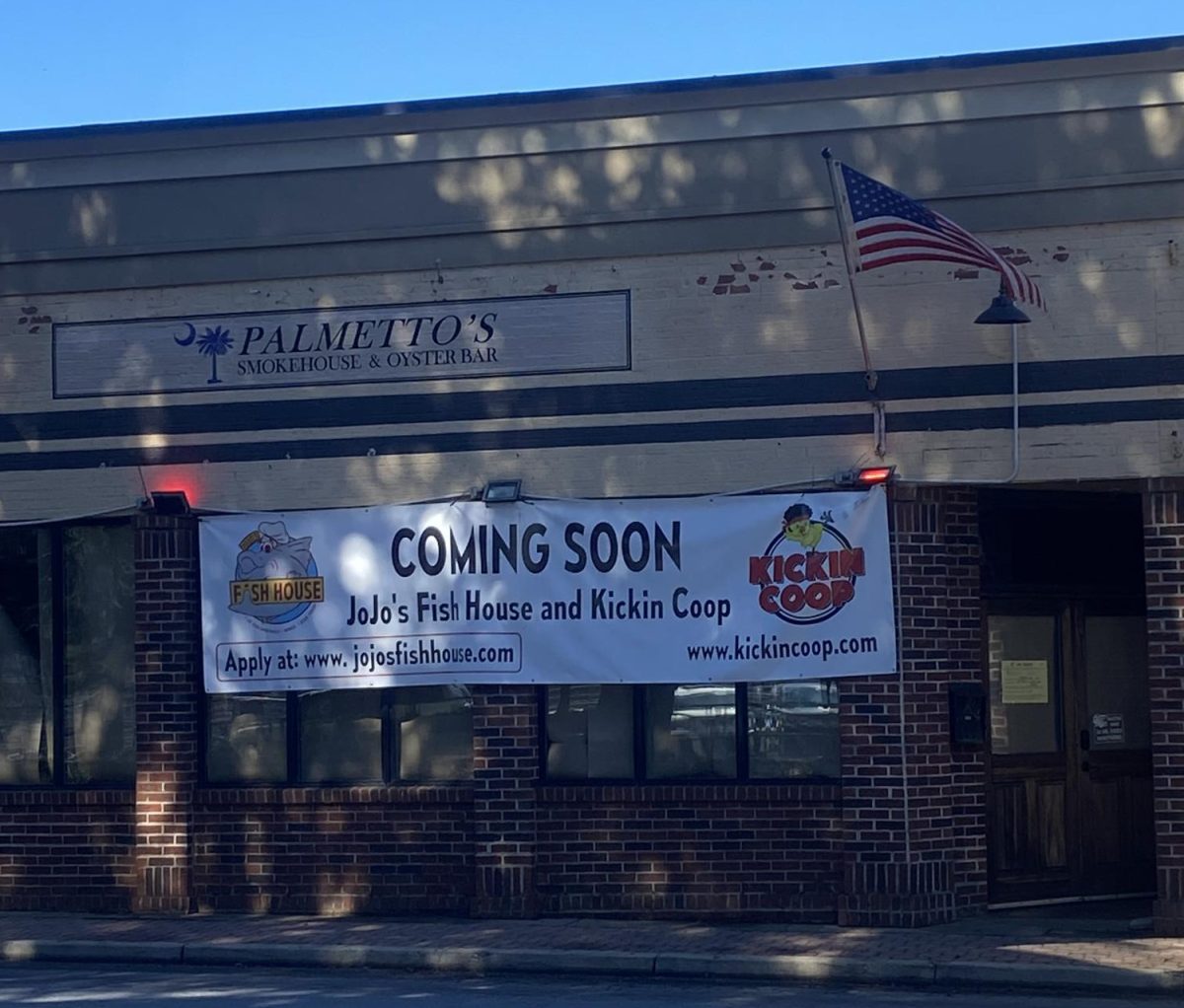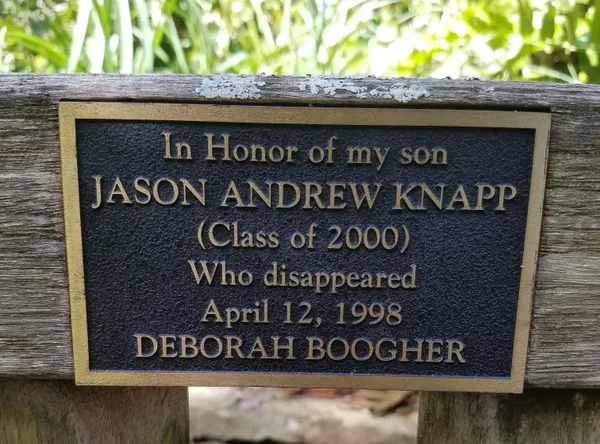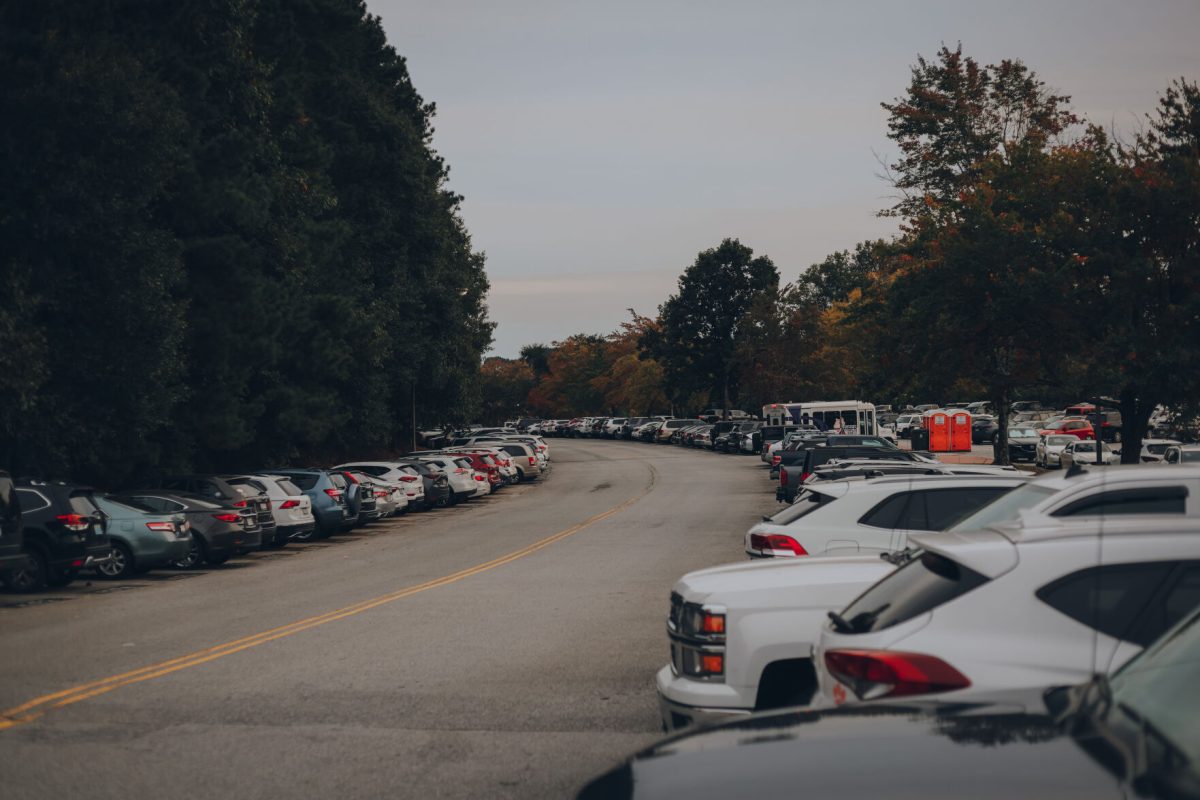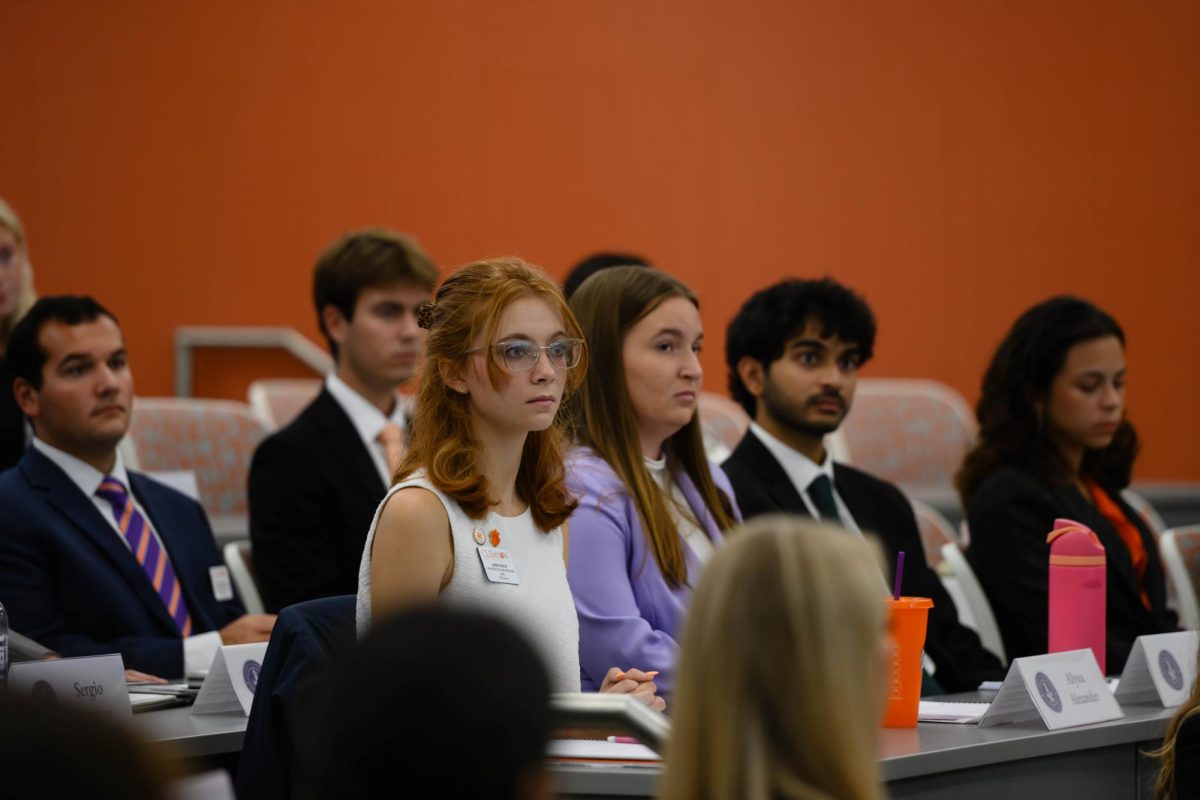In downtown Clemson, bars are grappling with the challenge of maintaining their businesses, paying employees and keeping their doors open while also observing capacity limits and mask mandates enacted to slow the spread of COVID-19.
“It’s a very small school and a very small community and we rely on our students and everybody else for business,” said Madie Lee, the general manager of the popular bar, 356 Sushi. As she spoke with The Tiger, Clemson students crowded the inside of the bar – dancing, singing and chatting with their friends. Some wore masks while others clutched a drink in hand.
Lee explained that 356 has been able to adapt to COVID-19 regulations by moving tables around and clearly communicating expectations regarding masking and social distancing to patrons before entering the bar.
However, employees of the bar are limited in their ability to enforce pandemic protocols. “There are usually 12 employees at a bar and everybody’s capacity is around 200 so we’re outnumbered by a lot. If people don’t want to do what the mandates and ordinances say, what else are we supposed to do other than shoot ourselves in the foot and say ‘Get out!’” Lee explained.
She emphasized that student employees of 356 have been impacted most. “Not having a football season where you can have hundreds and hundreds of people filter through your bar… that takes away money not just from us but from people who actually go to school at Clemson who need that money to pay for tuition.”
Across the street at the oldest bar in Clemson, Nick’s Tavern and Deli, the atmosphere was a bit calmer. One group of friends sat crowded in a booth enjoying their beer and french fries while arguing about the pandemic. “Why are the cases still going up?” shouted one patron to her friends.
James McManus, the bar manager at Nick’s, sat down with The Tiger to discuss how the pandemic has impacted business. “The pandemic has affected us pretty seriously,” he said. “A lot of our patrons are professors and grad students and those tend to be people who have been staying home, so we’ve had some pretty serious dips in sales. It has been hard to stay open.”
Last year, McManus started a fundraiser on gofundme to help Nick’s stay afloat after months of reduced business. Many loyal customers chipped in, donating anywhere from $5 – $50 or even more, and together they have raised nearly $25,000.
Bars, restaurants and other businesses in the service industry are struggling across the United States. According to the US Census Bureau, 64.9% of small businesses in the accommodation and food services industry reported experiencing a large negative effect to their business due to the COVID-19 pandemic. In South Carolina, 78% of small businesses reported having requested financial assistance from the federal government’s paycheck protection program.
McManus echoed Lee’s frustrations with the Catch-22 of service employees having to enforce pandemic protocols. He explained that bartenders and waiters rely on gratuity from their patrons, so they are potentially forfeiting tips by kicking people out of the bars for refusing to wear a mask. “People get mad when you tell them to put a mask on, but making them happy is part of our job,” he said.
As the night went on, the bars began to empty out and several police officers appeared downtown to enforce the governor’s orders to stop the sale of alcohol at 11pm.
Most people on the street donned masks, which Lee said is a stark contrast to the previous weekend, when almost no one was wearing a mask. The presence of law enforcement officers also marked a significant difference from the previous weekend, when no police officers were present downtown to break up a large concert.
Tensions are especially high following the large, unmasked non-socially distanced concert held at Study Hall bar on Jan. 8. Photos of the crowd began circulating on social media that weekend, causing an outcry from Clemson University professors and others in the community.
Dr. Cynthia L. S. Pury, a psychology professor at Clemson University, was concerned by the images she saw and decided to cancel her Abnormal Psychology class on the Monday following the concert. In the announcement she sent out to her students, she expressed her support for those who are following COVID-19 safety guidelines and urged the rest of her students to reconsider their decisions.
“[T]o those who have been attending large, crowded, unmasked events like I’ve seen on Clemson social media over the weekend, consider this a plea to stop,” she wrote. She went on to explain the psychological impacts of living through a traumatic time.
In the aftermath of the concert at Study Hall, the Clemson Police Department held a meeting with local business owners on Jan. 14 to reiterate expectations for conducting business during a pandemic. According to McManus, business owners were told that patrons should wear a mask unless they are eating or drinking and should remain seated while inside bars or restaurants.
“We’re working with the business owners to ensure that they are enforcing the mask ordinances within their businesses and that they are conducting their business within the guidelines from the state and from the city,” Clemson Police Chief Jorge Campos told The Tiger on Jan. 14. “If we observe violations we will take the appropriate action at that time.”
Campos said that while no charges will be levied from the Clemson Police Department with regard to the concert on Jan. 8, the matter has been referred to the South Carolina Law Enforcement Division for further review.
The Tiger talked to Clemson students around campus and downtown to find out what they think about socializing during the pandemic.
“It can be irresponsible but at the end of the day, it’s up to them,” said Jake Faulkner, a junior agricultural education major, when asked what he thought about the concert at Study Hall.
One partygoer downtown expressed what seems to be the common sentiment held by many college students. “I know that there’s a need to be cautious, but at the same time I don’t want to stop living my life,” she said.
Aubrie Hartley, a sophomore wildlife and fisheries biology major, took a different stance. “Everyone should be doing their part to try to social distance. Purposefully going to places knowing that we’re in the middle of a pandemic and not masking is irresponsible,” she said.
It is clear that bars and restaurants in downtown Clemson are faced with unprecedented circumstances. Many of these small businesses need to stay open to pay their rent and their employees, but have found it difficult to exercise their new role as regulators of pandemic protocols. Business owners urge patrons to be respectful and abide by city ordinances and pandemic guidelines.



